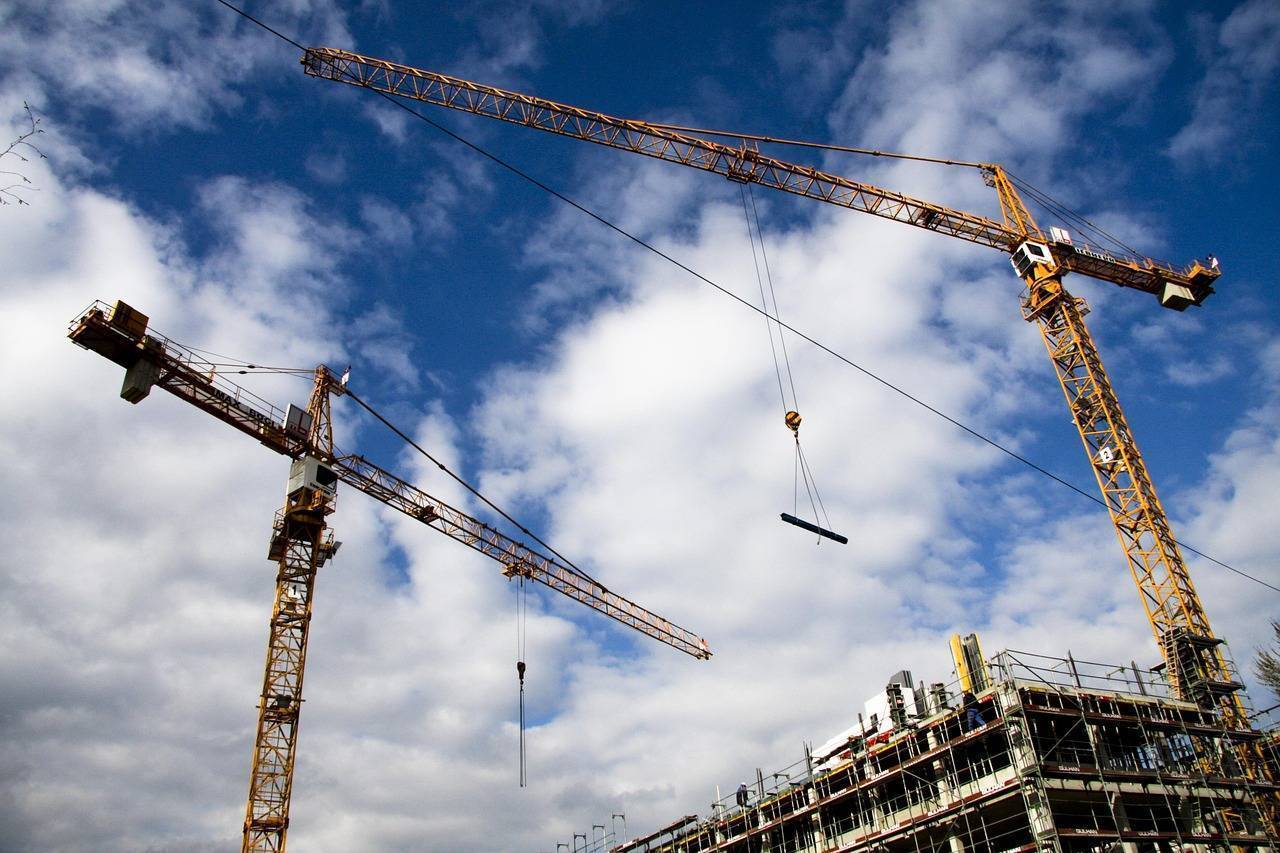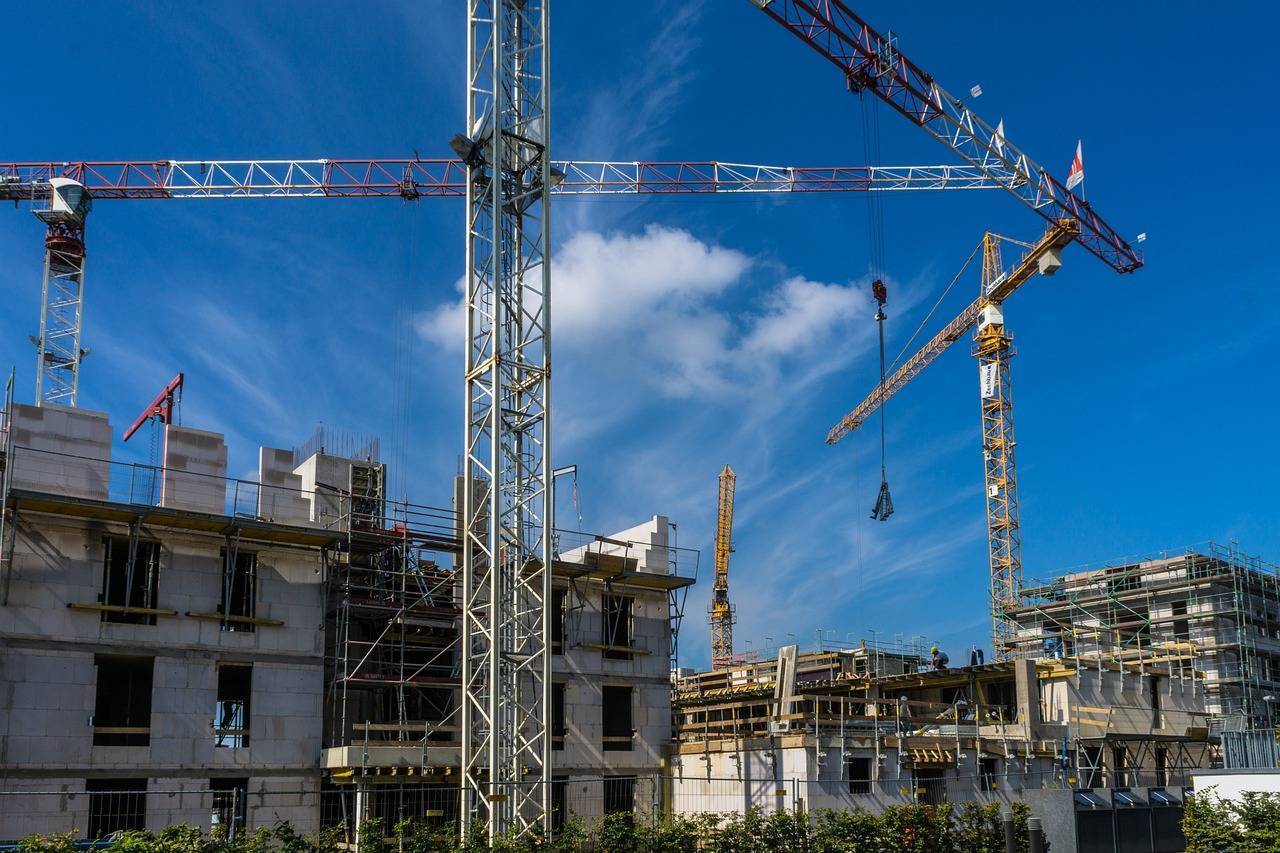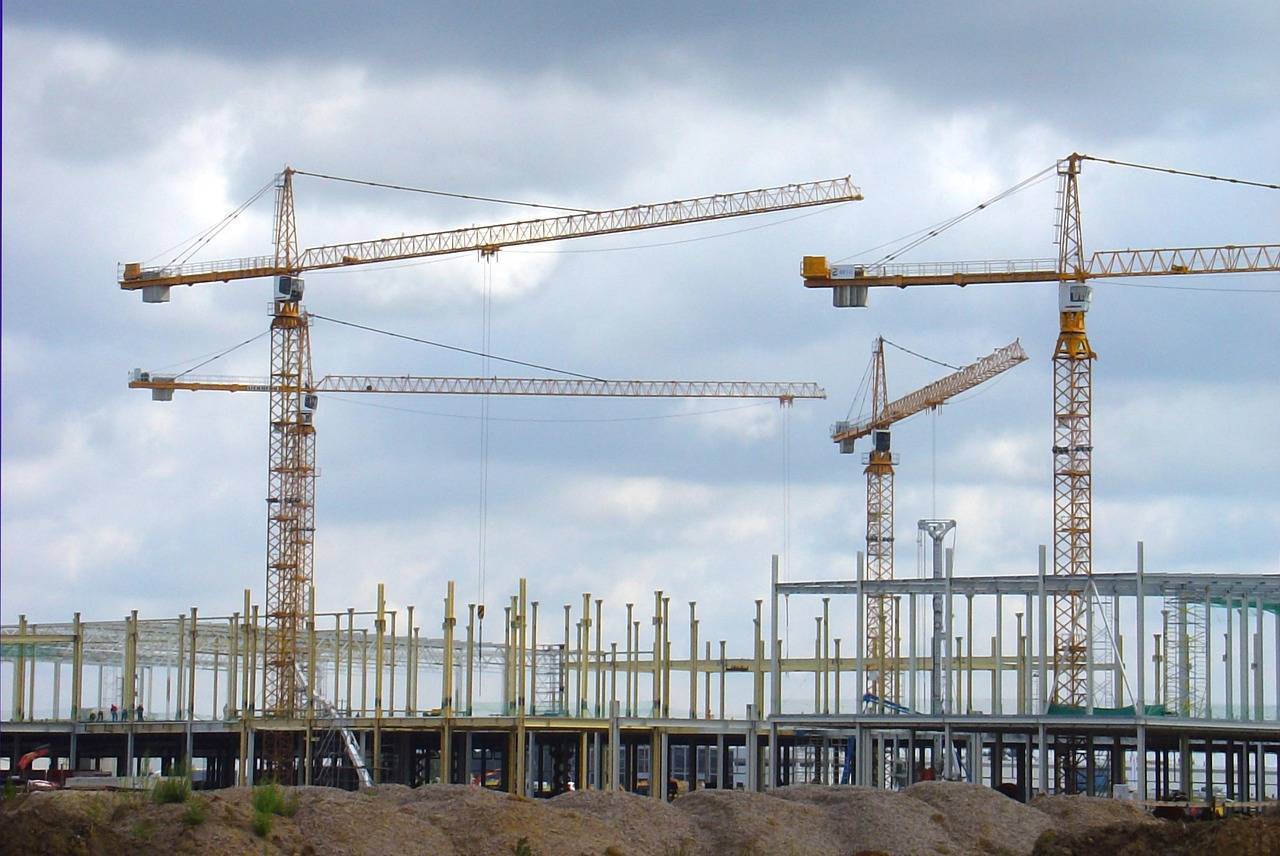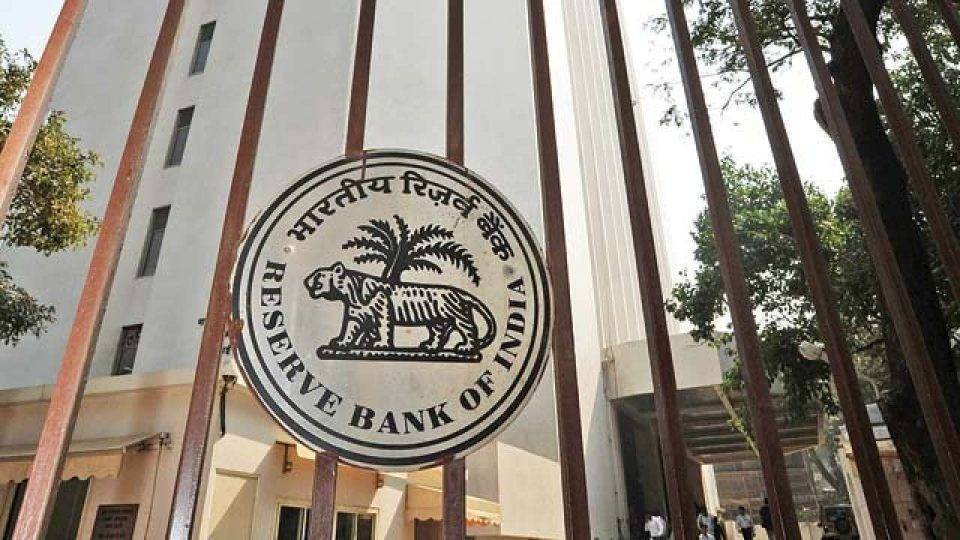The Central government has approved the construction of 1.41 lakh additional houses under the Pradhan Mantri Awas Yojana–Urban (PMAY-U) 2.0, expanding the scope of its flagship housing mission to cross the one-million sanction mark in the revamped urban phase. The announcement was made by the Ministry of Housing and Urban Affairs (MoHUA) following a review meeting held earlier this week.
The approvals came during the fifth meeting of the Central Sanctioning and Monitoring Committee (CSMC), chaired by MoHUA Secretary Srinivas Katikithala in New Delhi. The committee examined housing proposals submitted by multiple state governments and cleared new projects to accelerate the rollout of affordable housing in urban centres.
According to the ministry, of the 1,40,942 newly sanctioned houses, 76,976 have been reserved for women beneficiaries, including single, widowed, and separated women. Another 13,509 homes have been earmarked for senior citizens, while seven units will be allocated to transgender individuals. The approvals also include 29,131 houses for Scheduled Castes (SCs), 6,561 for Scheduled Tribes (STs), and 74,291 for Other Backward Classes (OBCs) — reinforcing the scheme’s commitment to social inclusivity and equitable housing access.
With these latest approvals, PMAY-U 2.0 has cumulatively sanctioned 6.31 lakh houses for women, including over 70,000 for single or widowed beneficiaries, along with 1.04 lakh for senior citizens and 163 homes for transgender persons. Additionally, over 2.20 lakh homes have been sanctioned for SC households, 51,181 for STs, and 5.35 lakh for OBC families since the launch of the second phase in 2024.
The new projects will be implemented across 14 states and Union territories, namely Assam, Andhra Pradesh, Chhattisgarh, Gujarat, Jammu & Kashmir, Rajasthan, Tamil Nadu, Madhya Pradesh, Odisha, Haryana, Uttar Pradesh, and Uttarakhand, among others. States have been directed to prioritise urban areas with adequate infrastructure, ensuring easy access to transport networks, schools, healthcare facilities, and utilities.
At the meeting, Secretary Katikithala urged state-level agencies and urban local bodies to accelerate construction timelines, ensure timely occupancy, and improve digital monitoring through geo-tagging of housing sites. The ministry has also advised states to conduct loan fairs and financial inclusion drives to assist beneficiaries in availing home loans and subsidies under the Credit-Linked Subsidy Scheme (CLSS) component of PMAY-U.
Launched in 2015, the Pradhan Mantri Awas Yojana–Urban aims to provide all-weather pucca houses with essential amenities such as water, electricity, sanitation, and cooking gas to eligible urban poor families. Under its four verticals — Beneficiary-Led Construction (BLC), Affordable Housing in Partnership (AHP), In-Situ Slum Redevelopment (ISSR), and Credit-Linked Subsidy Scheme (CLSS) — the mission targets households across various income segments, particularly the Economically Weaker Section (EWS) and Low-Income Group (LIG) categories.
Under PMAY-U Phase 1, launched in 2015, more than 95.5 lakh homes have been completed and handed over to beneficiaries, marking a major milestone in India’s affordable housing journey. The revamped PMAY-U 2.0, launched in September 2024, seeks to build on that foundation by targeting an additional one crore urban poor and middle-class families, with financial assistance of up to ₹2.5 lakh per beneficiary.
As of October 2025, combined approvals under PMAY-U and PMAY-U 2.0 stand at over 1.22 crore houses, with construction progress steadily improving due to increased digital oversight, state coordination, and beneficiary engagement.
Officials said the enhanced focus on inclusivity, women’s ownership, and access to credit under PMAY-U 2.0 reflects the government’s broader commitment to sustainable and equitable urban development. “The mission aims not only to provide homes but also to strengthen social infrastructure and empower families through secure homeownership,” a senior MoHUA official said.
Image source-pmay-urban.gov.in









.png)